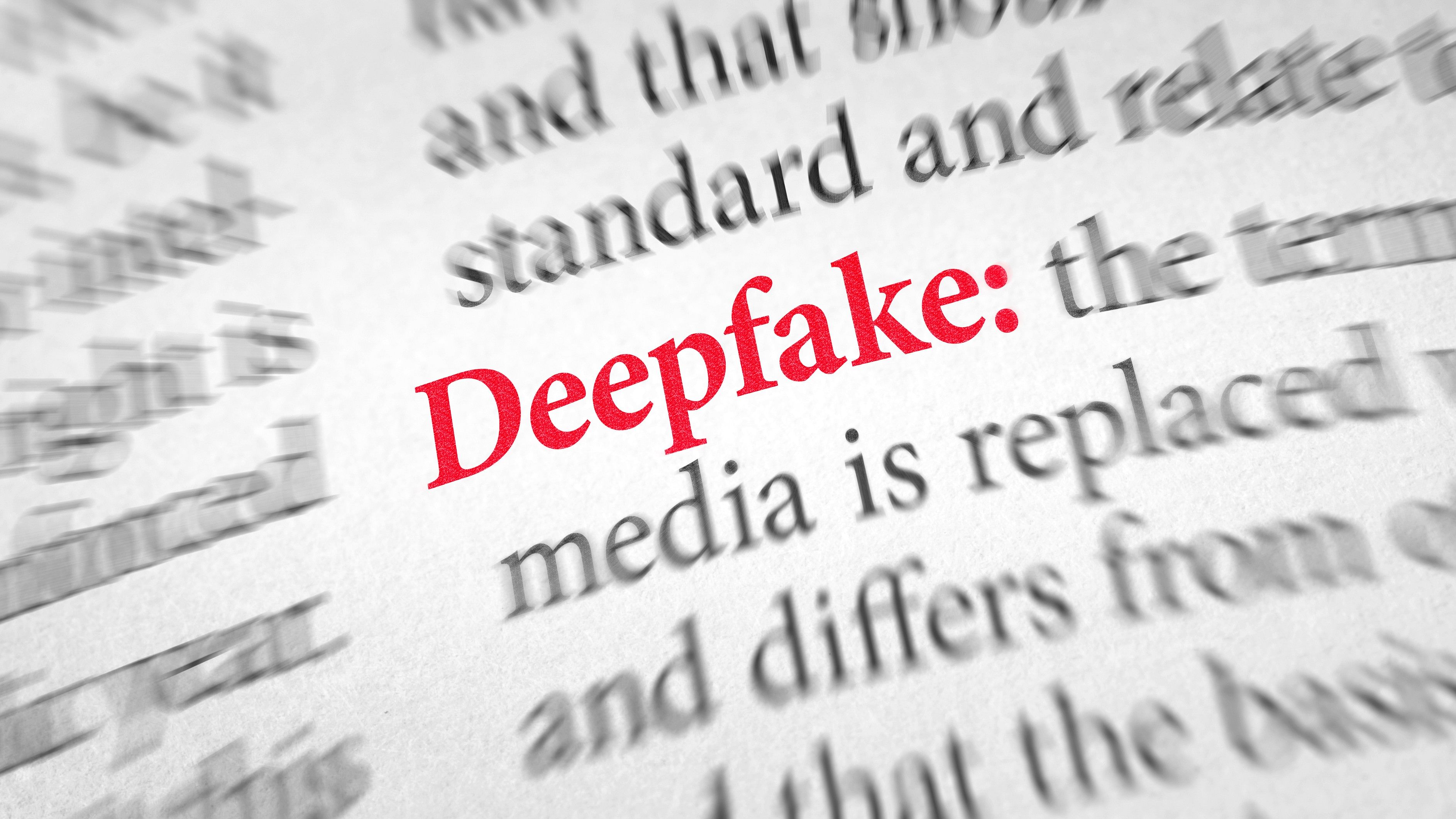
Representative image with the word 'Deepfake'.
Credit: iStock Photo
Deepfake videos of some well known persons recently circulated on social media have raised concerns over the misuse of artificial intelligence (AI). Last week, a deepfake video of actor Rashmika Mandanna went viral and soon after that, a deepfake image of Katrina Kaif surfaced. Other images created or morphed with the help of AI technology have also done the rounds within the country and outside. The images are artificially created with near perfection in such a way that they look and sound as genuine as the real ones. The tampering with reality is done with AI which has advanced much in the last few years. Morphing and such mischievous activities have been in vogue for many years but they could be detected by the alert eye or ear and certainly by technology. But even the best technology is often unable to distinguish the fake from the genuine in the case of what is created with the help of AI.
The practice has dangerous consequences as it can violate the privacy of individuals and spread misinformation in society. Apart from harming reputations, it can be used to create strife in families and society, and to influence politics and commit crimes. It can be deployed as a propaganda tool in elections and used to undermine democratic processes and institutions. The possibility that deepfakes can be easily created and disseminated makes the threat from them more serious. Adult content targeting mostly women accounts for most of the videos now but the misuse can soon spread to all areas. India is listed as the sixth most vulnerable country in the use of deepfakes. The Central government has instructed social media platforms to remove such content within 24 hours of receiving a complaint. It has advised affected persons to file FIRs immediately after they are targeted. The IT Act, 2000, provides measures to deal with these problems. But the legal measures, as in the case of many other countries, are considered inadequate to deal with the rising threat.
The first AI safety summit held last fortnight at Bletchley Park in the UK has acknowledged these concerns. It was attended by 28 countries including the US, the UK, France, China, Japan and India. The summit issued a Bletchley Declaration which noted the risks “stemming from the capability to manipulate content or generate deceptive content,” and called for global action to address the risks stemming from AI. But there is no agreement on the means to counter the threat as different countries have different strategies. Apart from governments, tech majors also should take steps to ensure that AI is not misused.